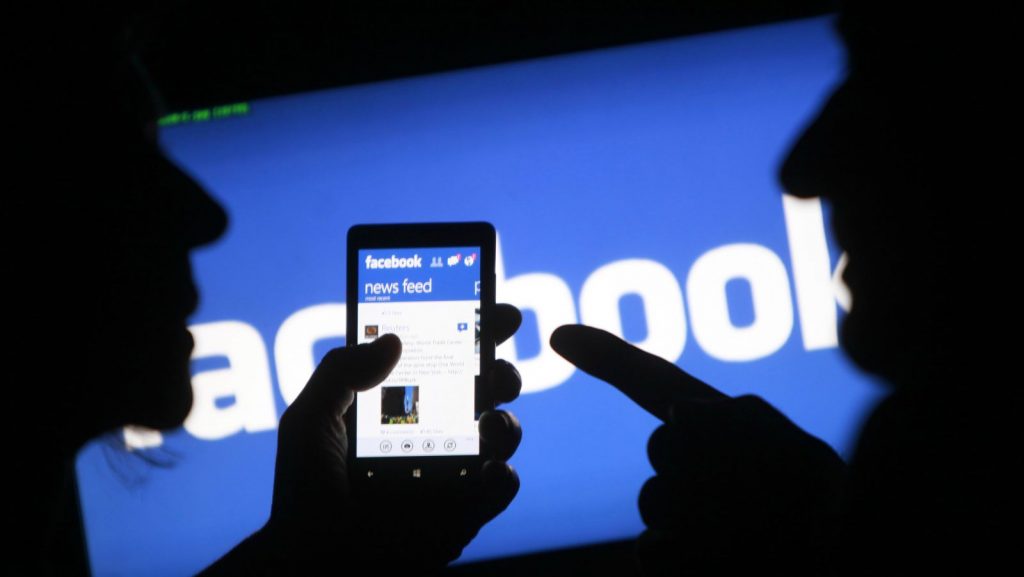
Law enforcement agencies in the United States and elsewhere are at odds with Facebook over its plans to increase end-to-end encryption across its messaging platforms. Facebook founder Mark Zuckerberg pledged earlier this year to lock down the data of its 2 billion users, including reducing how long data is kept and preventing anyone, including the company’s employees, from snooping on users’ communications. Law enforcement officials said in a letter to the company that the plan would interfere with their “ability to stop criminals and abusers in their tracks.”
Federal law enforcement officials and their counterparts in the U.K. and Australia are asking Facebook to ensure law enforcement has a way to access illicit content being shared on its platform. The letter, authored by Attorney General William Barr, acting Homeland Security Secretary Kevin McAleenan, and homeland security officials from Britain and Australia, read:
“Security enhancements to the virtual world should not make us more vulnerable in the physical world. We must find a way to balance the need to secure data with public safety and the need for law enforcement to access the information they need to safeguard the public, investigate crimes, and prevent future criminal activity.”
So far, Facebook has rebuffed requests to create backdoor access to its encrypted content. Facebook has recognized the importance of working with law enforcement to protect the public, but has offered few details about how the company intends to address the challenge other than saying that it is consulting with child safety experts and government officials as it develops its encryption technology.
Dozens of civil and digital rights advocacy groups have urged the company to continue resisting those demands as it protects its users’ privacy. An open letter signed by more than 50 organizations implored Facebook to refuse government requests to create a back door to circumvent the company’s proposed encryption.
